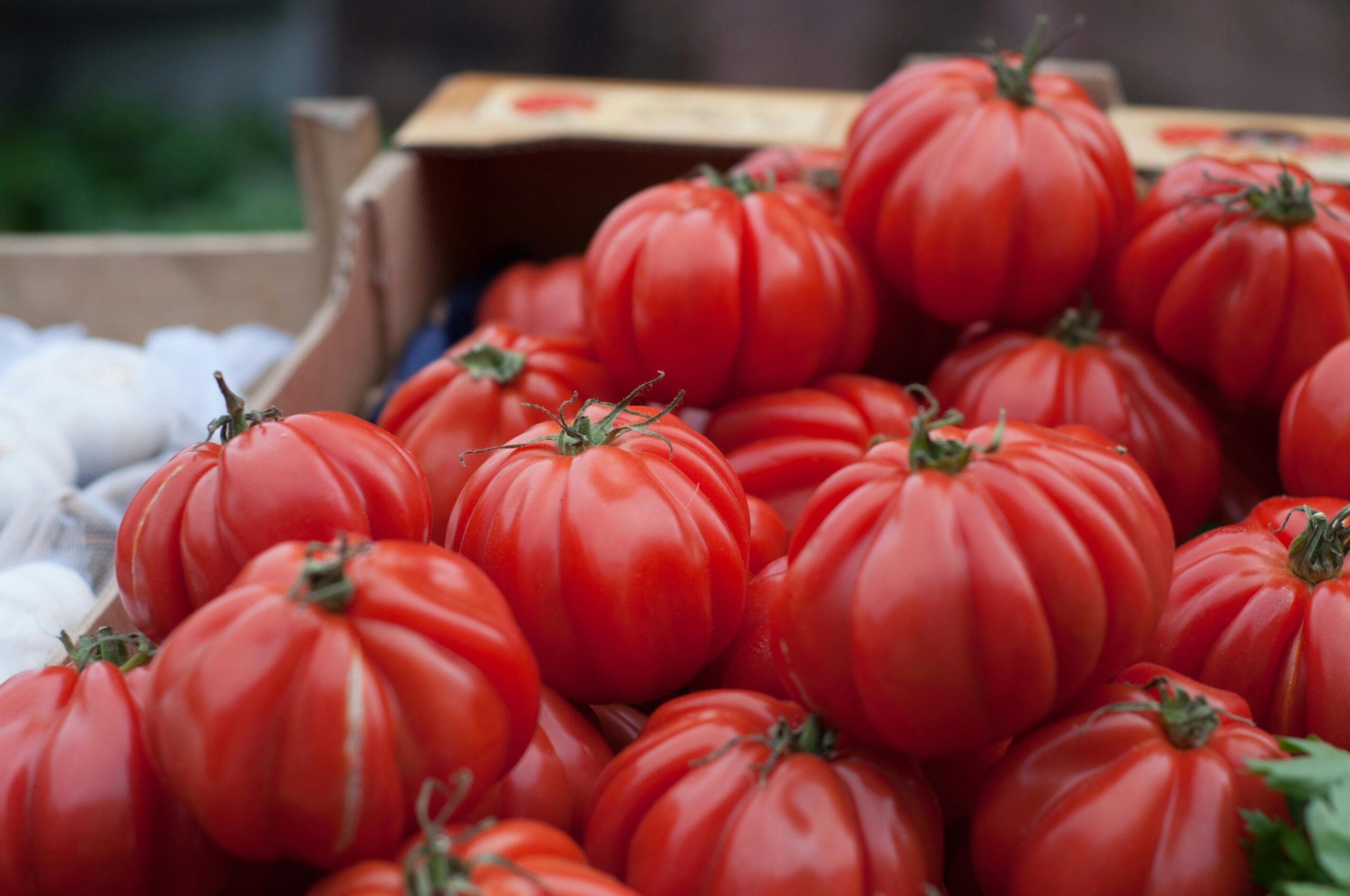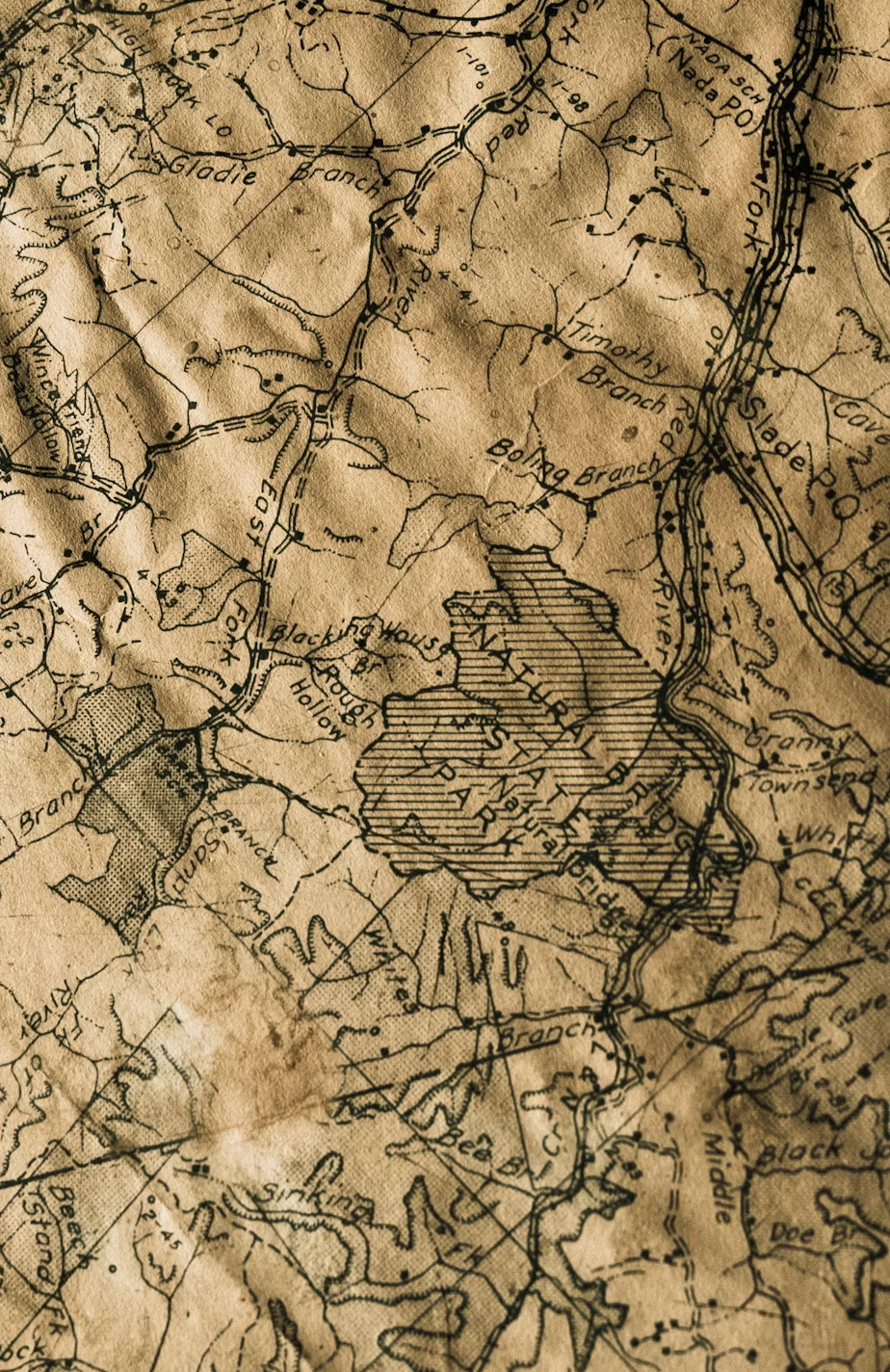By BOB HICOK
Caroline resembled moonlight.
She never appeared when it rained,
made the grass and broken windows
more beautiful, and had me wondering
if our love was waxing or waning.
Yes, she said whenever I asked.
One day I came home and found her making love
to me, my first out-of-body experience.
Where’d you go? she asked
when we were side-by-side and staring
at the picture of the Venus de Milo
taped to the ceiling.
I didn’t know. Away, I said,
meaning anywhere, everywhere, nowhere,
as if pleasure had turned me
into air. It was more important to me
that we get a blanket or fire
for the statue, since the Louvre is cold
and she couldn’t pull her dress up from her hips
where it had fallen for all of time.
I saw Caroline yesterday after forty years;
her face was playing her mother
in the movie version of what happens to us all.
We hugged, held hands, bit each other’s ear,
and made love in the farmers’ market
beside the tomatoes, the last of the year.
Is that an example of the past
never letting go of us, my daughter asked
as we walked away, or of old people
not caring how silly they look
trying to fight off death?
Yes, I said, and told her the Venus de Milo
is six foot eight inches tall but sadly
can’t rebound at all.
Bob Hicok is the author of Water Look Away. He has received a Guggenheim, two NEA Fellowships, the Bobbitt Prize from the Library of Congress, nine Pushcart Prizes, and was twice a finalist for the National Book Critics Circle Award. His poems have appeared in nine volumes of Best American Poetry.




